1:1 Executive Coaching
Discover our bespoke executive coaching services: pair your leaders with specialized coaches in a way that’s tailored to your organization’s needs.
We specialise in “white glove”, fully managed executive coaching services at scale that support internal HR and L&D teams, and allow them to focus where it matters: on strategic alignment, measurable results, and happy internal sponsors.
We also offer dedicated Team Coaching services.

Stanford Graduate School of Business reports that 51% of senior executives already use coaching to optimize their leadership and organization
Finding the right coach
Executives of leading organizations globally shape workforce cultures and performance; but they don’t get there alone.
51% of senior executives leverage coaching to optimize their leadership, but their secret to success is all about finding the right coach.
Our experienced, vetted and certified coaches specialize in 1:1 coaching and have decades of expertise working intimately alongside industry-leading executives to materialize optimal, performance-driven leadership; reimagining company culture and engagement.

What is “one-to-one executive coaching”?
1:1 executive coaching is bespoke coaching that’s tailored to the C-suite, senior leaders or the executive team of an organization to help them develop their leadership style and identity, contributing to a stronger company culture and business performance.
Performance Consultants are the pioneers of coaching in business.
Our work by Sir John Whitmore defined performance coaching and introduced GROW into organisational leadership decades ago. Executive coaching is not an add-on for us, it is a core capability.
Our Managed Executive Coaching Services are built on a transformational coaching philosophy, which combines the magic of coaching with delivering business results.






Chemistry is everything
For our Executive Coaching Managed Services, Chemistry Sessions are how we protect outcomes, and not just a promotional “free session” moment. We use them to stress-test fit on both sides: the leader’s context, goals, pace and personality, and the coach’s style, sector exposure and edge. If it’s not right, we adjust and repeat, quickly and professionally, until it is. The commitment is simple: we don’t move into delivery until the relationship is set up to work. After the coaching, I was offered a directorship after 6 months. If I had known the impact it had, I would have paid for it myself and done it ages ago!
It was a fun, motivational and totally unique style of fast-track leadership development that has delivered far more than I thought possible.
How It Works

Client Story: Easyjet
Europe’s favourite airline, easyJet, appointed Performance Consultants to develop their very own senior leadership suite via our 1:1 executive coaching. They found an estimated ROI of £6.8M on Executive Coaching program.Over a 6 months period working with easyJet’s senior leaders, 1:1 executive coaching was the gateway to define and clarify short-, medium- and long-term objectives as well as setting clear, actionable benchmarks for performance.
The coaching program also had a special development focus on topics such as “communication” and “inspiring and motivating others”.
The senior leaders met and surpassed their newly articulated “benchmarks for performance” by generating an additional £6.8M in revenue (tracked via our proprietary ROI evaluation tool, based on self-reporting).
Performance Consultants ‘get to the heart of the leader’ they’re working with.
They raise their self-awareness to make a sustainable positive difference in their lives.

Discover world-class, bespoke 1:1 executive coaching today
Frequently Asked Questions
-
Who is executive coaching for?
1:1 executive coaching is typically for executives, senior leaders, c-suite members. Some organizations also invest in 1:1 coaching for their emerging and high-potential talent, for succession planning, or in the context of major change.
If you’re unsure what type of leadership development intervention may be best for your situation, contact us to discuss with one of our experts.
-
Can I trust an Executive Coach with Confidential information?
Yes, confidentiality is one of the key foundations of coaching. Privacy and ethical behaviour are paramount, in line with the International Coaching Federation (ICF) Core Competencies.
Our coaches are accredited to the level of ICF Professional Certified Coach (PCC) or higher.
Furthermore, our suite of coaches are vetted, certified, specialize in coaching in the workplace and have client references.
-
Can the Coaching Align with our Organizational Objectives and Language?
Yes, our team will work with you to understand your organization’s objectives, structure, and unique context (including existing leadership development methodology and competency frameworks) to provide your business with an impactful, integrated program.
-
Do you also offer Group and Team Coaching?
We do – please visit our Team Coaching page for more information or Contact Us directly.
Other Programs and Services

Transformational Leader pathway

